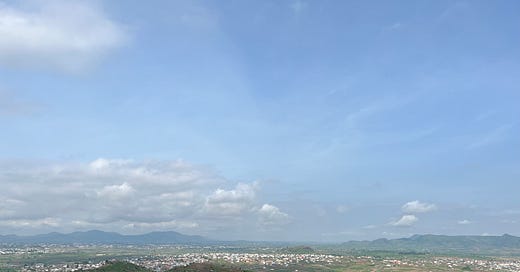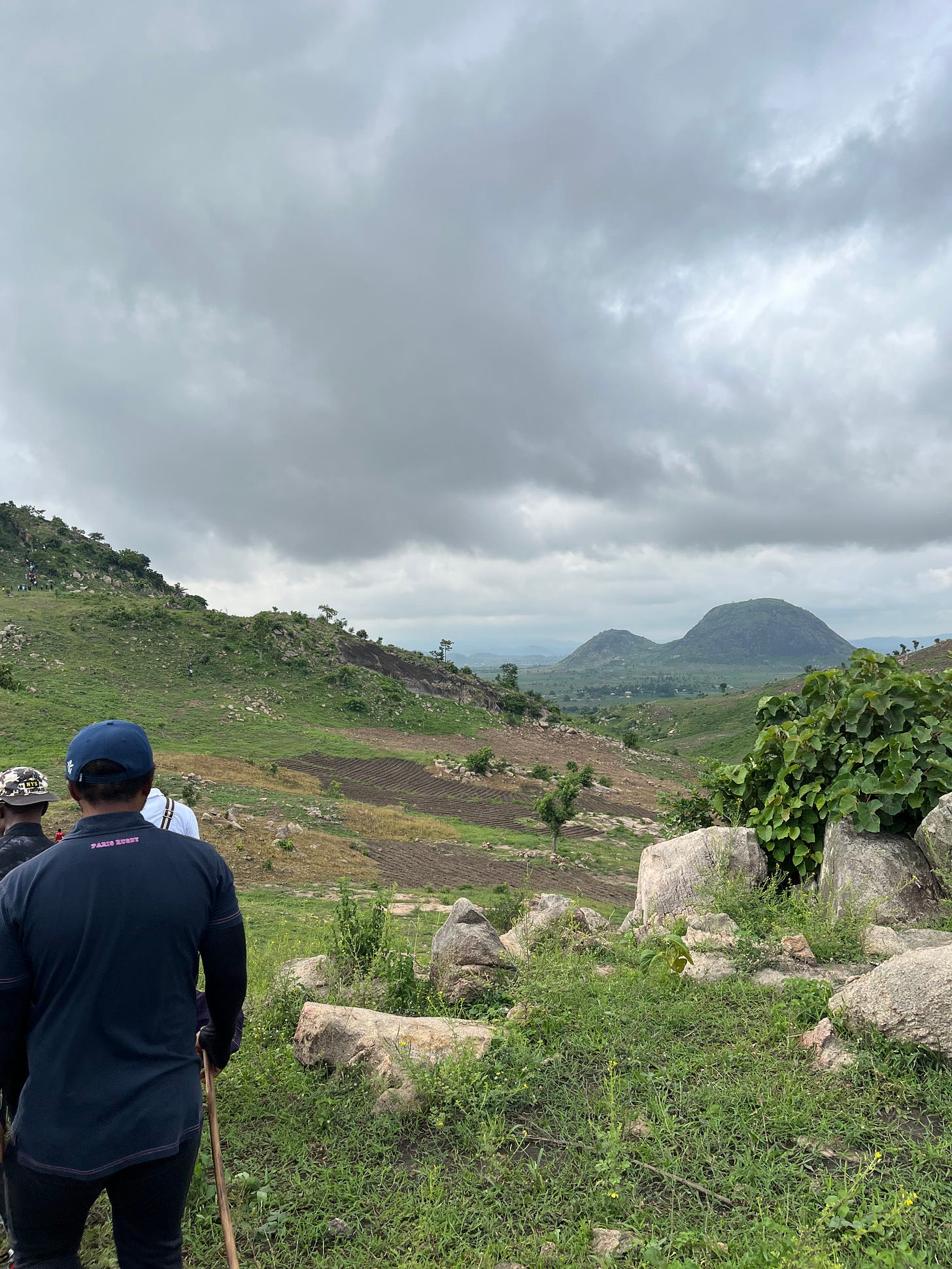There is an interesting observation that a friend of mine, travelling in Senegal for the first time, pointed out — about how even in a rural village, you can see people with smartphones and internet, yet they lack plumbing.
It’s a testament to the changing global economy: phones are getting cheaper. So are data plans, while the reach of phone networks is expanding. Prices for pay-as-you-go internet plans have plummeted in Senegal over the past few years, while villages that once were out of reach for even basic phone calls now have half-decent internet connection, enabling communication, business and education opportunities like never before.
Yet the roads are still unpaved. People use squat toilets and septic tanks rather than full-scale plumbing. I see the same things in Nigeria, where the roads and sidewalks are a mess even in my “nice” neighborhood. We do have plumbing, being in the city, but the sewers are often overflowing in the street.
You can buy an iPhone as an individual, but it takes a village (and a municipal government with sufficient cash) to run the toilets and pave the roads.
I imagine this is a dynamic we’ll continue to see across the region as electronics continue to become cheaper. It might strike some as odd — “poor” people are supposed to “look” a certain way and not have certain things, according to those of us with money. But perhaps the larger takeaway is that tech, no matter what positives it does bring, will not save us. Or to put it more nicely, tech has limits. Occasionally, you’ll see a news items about drones being used to deliver prescriptions to remote villages — that’s great, but it is no substitute for boring tax-and-spend policies that build roads and health clinics.
Anyway, here’s a totally headline from this week: Four richest Africans wealthier than half the continent: Oxfam
Hiking, Naija style
I tricked my bosses into letting me write about hiking. The results did not disappoint, and every detail in the story feels simultaneously inspiring (people overcoming government inaction) and also insane (guns, guns, guns).
"Most of the trails in Abuja are not properly mapped," Adebayo Babatunde, founder of Naija Adventurers, told me on the top of the cliff. He added it was a shame, too, "because nature is a beautiful place where we all need to connect back to."
His group and a handful of others have cropped up to provide a service the government has long left untouched, organising hikes in a city where, despite being ringed by verdant hills, public trails are virtually nonexistent.
For security reasons, Naija Adventurers, like the other half-dozen or so hiking groups in Abuja, doesn't reveal the exact location of its hikes until its members have met up to carpool.
An advance team goes out in the days before to scope out the trails, which are not made for hiking but rather used by farmers or livestock herders.
While Saturday's hike was a welcome reprieve from the group's longer, more punishing day trips, it was still augmented by the usual slew of volunteer organisers and medical personnel -- and armed security.
"If anything happens you'll be amazed, the amount of guns that will come out" from plain-clothes volunteers, Esesua Adeyemi, another organiser, told AFP.
Court strikes suspension for Nigerian senator who complained of sexism
A Nigerian court Friday called for the reinstatement of a senator who was ousted shortly after she complained about sexual harassment, delivering a long-awaited ruling in a case that has divided the socially conservative west African country.
This case blew up both in and out of Nigeria earlier this year. At one point, The New York Times was able to get an interview with the Senator Natasha Akpoti-Uduaghan — though they don’t appear to have followed up with a story on the reinstatement. I don’t blame them, as their job is much more big picture (which there are lots of pros and cons to). But from a journalism perspective, I do enjoy being at a wire service that takes a much more microscopic look at things.
Rounding back to the limits of tech — one of the biggest storylines in Nigeria this year has been, unexpectedly (for me), how many fines have been levied on companies for the improper use of customer data. As I noted in a previous newsletter, Meta is in hot water in Nigeria (naturally, they threatened to pull all their services over being fined/asked to not break the law). The latest development comes Africa’s largest TV/cable provider being fined.
Other dispatches:
Nigerian gangs kill 40 in 'revenge' attack, ambush on self-defence groups — notable here, I think, are the (deadly) limits communities face when they try to fight back against various armed groups.
US restricts temporary visas for Nigerians
IMF lauds Ghana govt for reforms, debt restructure





